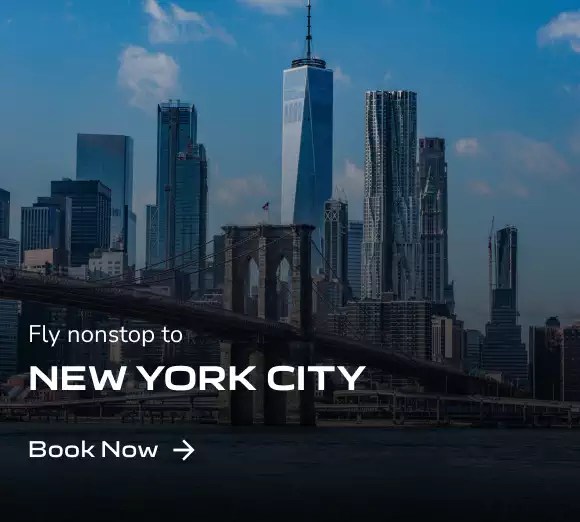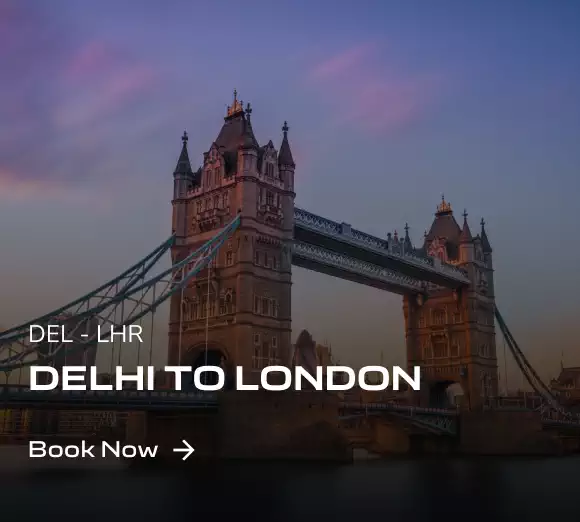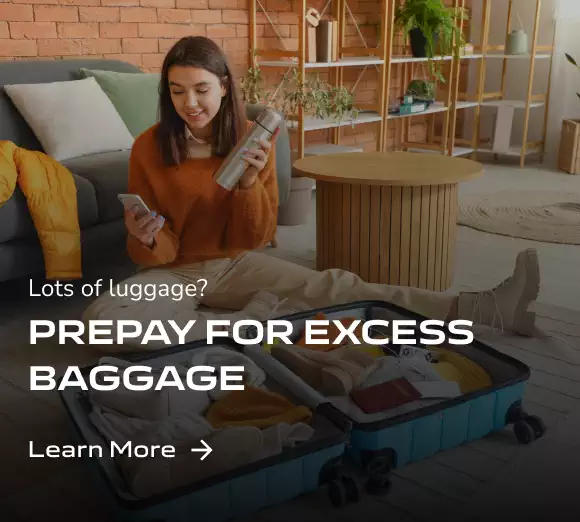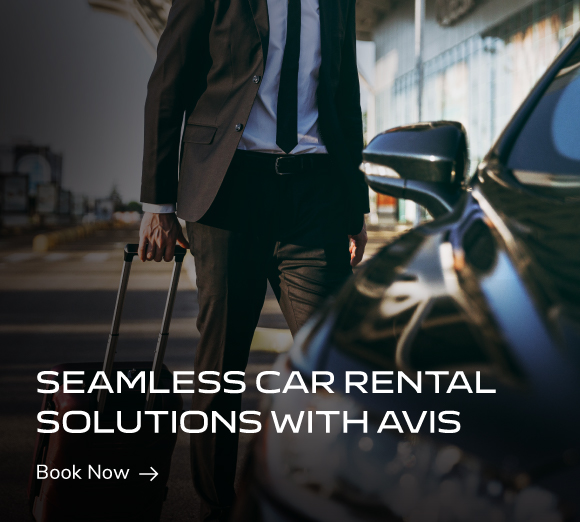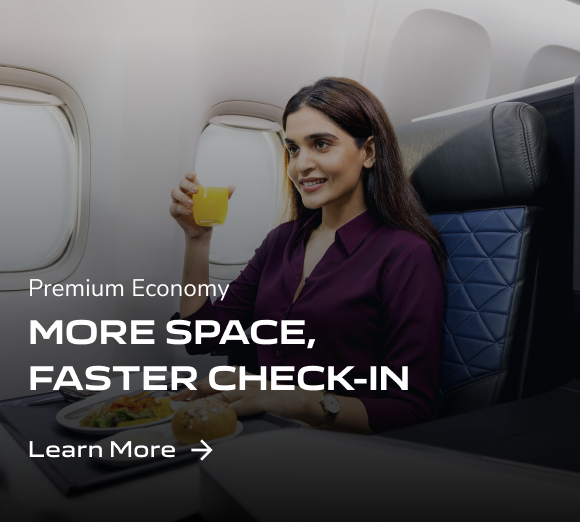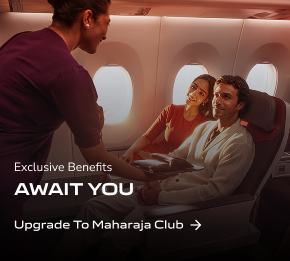Medical Needs and Clearance Requirements
Do you require medical assistance on your upcoming flight with us? We have got you covered. Learn more about what to do if a passenger requires medical assistance or has special needs and requires mobility aid to be taken onboard.
Although rare, a medical incident in the air is always a possibility. As your safety is our priority, our cabin crew is trained in advanced first aid and life support. Our medical kits are recognised and approved as per international medical guidelines, which can be administered by our cabin crew and by a doctor or nurse who may be on board and willing to assist if the situation demands.
